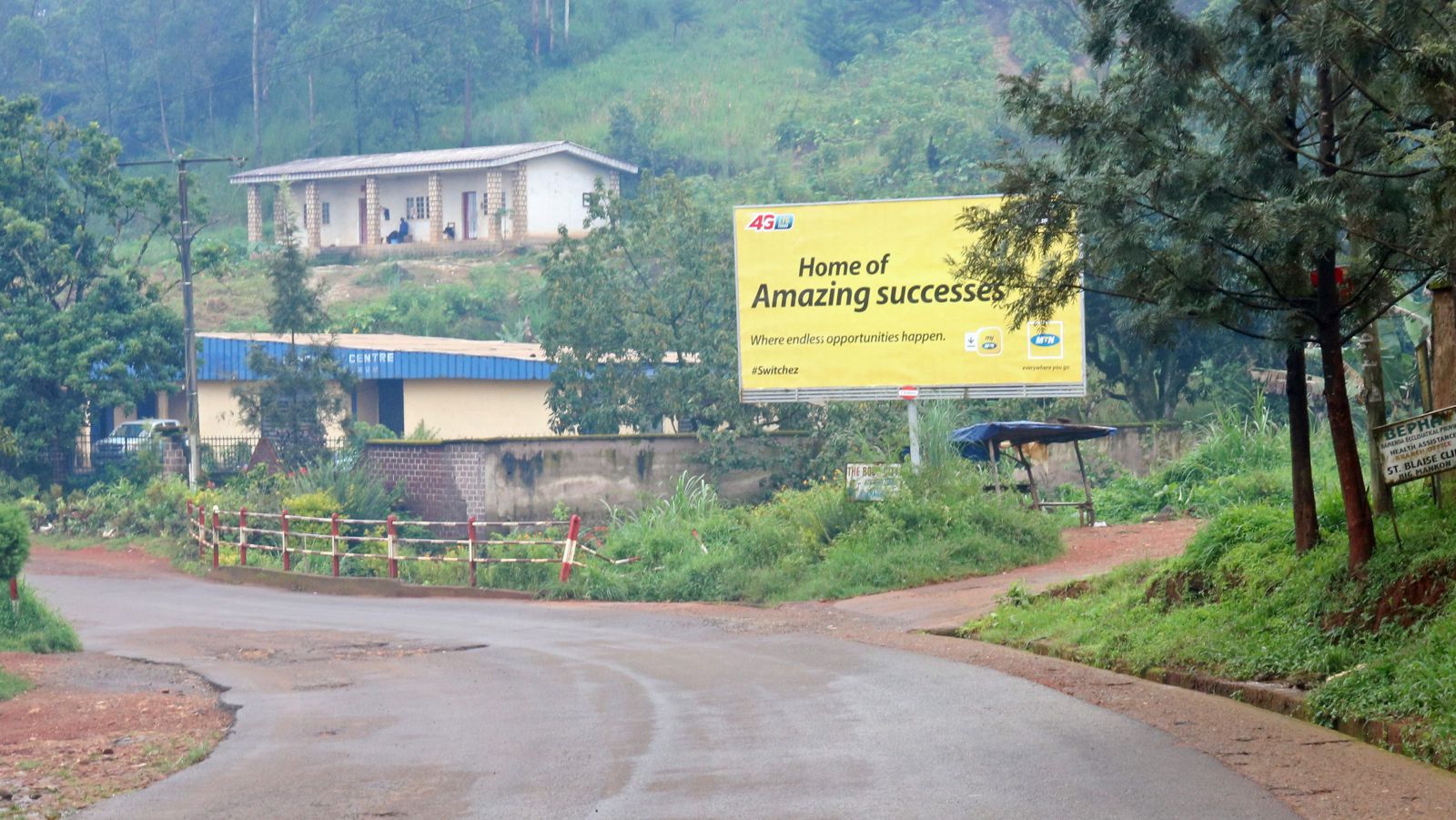The diaspora groups in American suburbia backing a breakaway Ambazonia
Last month, on the eve of Oct.1, dozens of Southern Cameroonians gathered in a hall in Greenbelt, Maryland, about 30 minutes from Washington DC, to declare their home region’s independence from the Republic of Cameroon. Young children carried miniature blue and white flags of the renamed region, Ambazonia, while others with bigger versions of the flag draped themselves with it as they danced into the morning.
As the events in the suburban city wound down at 3 am. local time, the jubilation was just picking up in the Southern Cameroon towns of Buea and Bamenda—five hours ahead and already daybreak. But what started out as a celebration in Southern Cameroon, ended in the deaths of 17 people after clashes with security forces. Cameroon’s government does not recognize the attempts to create a breakaway region or autonomy.
The campaign for a breakaway Southern Cameroon state comes after years of frustration in the in English-speaking region for being marginalized politically and economically in a country which is dominated by its French-speaking national government. The tensions between the regions stem from colonial times nearly sixty years ago when the current Republic of Cameroon was formed from combination of the former British colony with the larger France colony.

In recent years those tensions have come to a head. And those living abroad, originally from the English-speaking region, now use Facebook and WhatsApp and a satellite broadcasting service to share details about civil disobedience tactics. One example is called “Ghost Towns”, when, businesses and schools in Southern Cameroon close, and the region, which makes up 20% of Cameroon’s population, comes to a standstill.
“(The internet) has become the rallying point,” said Kingsley Ashu, an activist living in Dallas. “We use WhatsApp to send out messages to our people. Facebook is the most vibrant social media tool that communicates our message back home.” The government of president Paul Biya has restricted internet access in Southern Cameroon, on at least two lengthy periods over the last year, in response to the growing online activism, but those abroad have found a way around that, too.
Harriet Fomuki, a Southern Cameroonian living in Massachusetts estimates that residents in the diaspora have raised at least $100,000 since March 2017, with individuals making singular donations as large as $1,000.
“Freedom is not free, we have to fight for it,” said Caleche Bongo, 38. “So you fight with your wallet, you fight with your paycheck.” Fomuki’s estimate doesn’t include the amount Southern Cameroonians in Massachusetts raised last year after the string of protests that resulted in the death of at least two people and detention of more than 100, according Amnesty International. As images of the casualties floated around social media, Fomuki, 45, who works as a nurse felt moved to do something from the US.
“I sent out a message to our community, and said ‘please can someone do something? Can someone rally us together and see if we can raise some funds to send back to Southern Cameroon?’ Fomuki asked in a WhatsApp message. In no time, around


The Southern Cameroons Ambazonia Consortium United Front (SCACUF) acts as a governing body to unite organizations fighting for independence, and through its website, the consortium solicits donations or “sponsorships” for Southern Cameroon teachers and lawyers affected by the strikes in schools and courts. But the bulk of the money raised by Southern Cameroonians in the diaspora this year has been used to pay Foley Hoag, a U.S-based law firm specializing in international law that is helping the region bring their case to the international community.
On Oct. 16, the UN Human Rights Committee reviewed the Republic of Cameroon to see if it is upholding the International Covenant on Civil and Political Rights (ICCPR). The Southern Cameroonian advocates submitted a document which asserts the Cameroonian government has violated international law by the institutional discrimination of Southern Cameroonians, national security abuses as well as torture and killings. Findings by the committee will be made available on Nov. 9.
Junior Mekinda, a communications consultant living in the Bronx, says Francophone Cameroonians are in favor of an equal Cameroon, but don’t believe a separation of the regions is the answer. For him, the resolution lies in a collective movement between both parts of Cameroon to make their voices heard at the polls in the country’s 2018 presidential elections.
“We have to fight against the system, fight against the government, not fight against one another.”
Culled from Quartz Media





